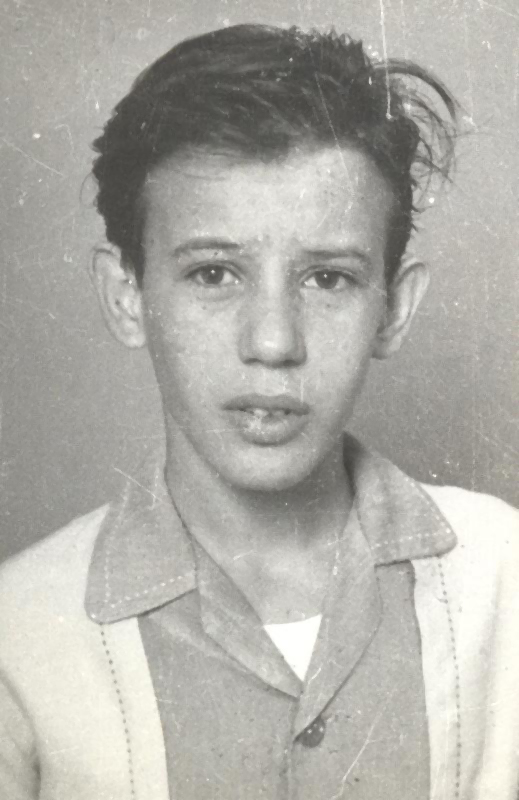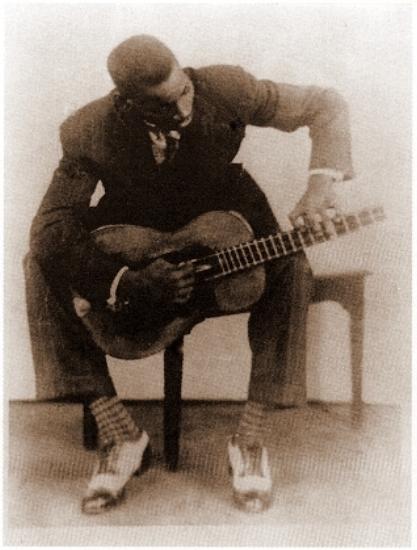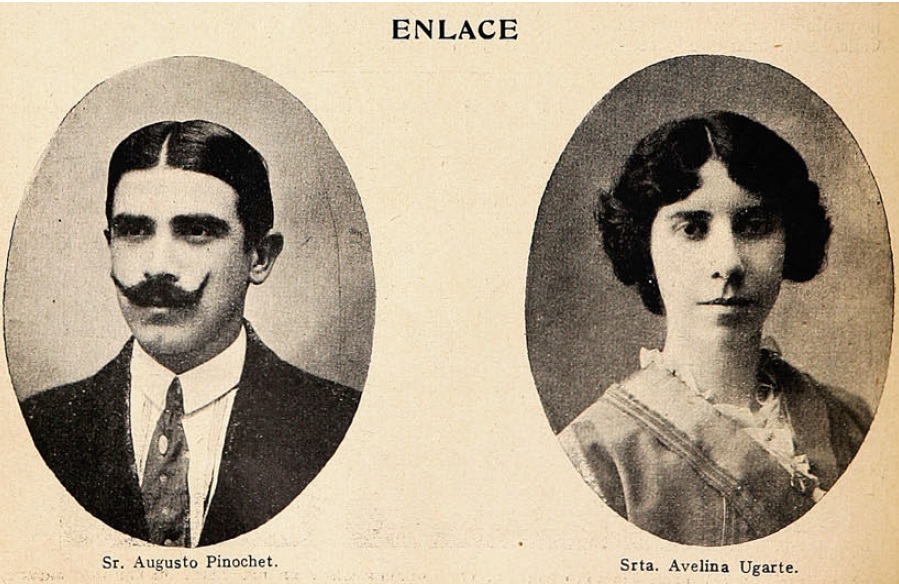|
Días Y Flores
'' Días y Flores'' is the debut studio album by Cuban singer-songwriter Silvio Rodríguez, released in 1975. Content The album was censored in Francoist Spain. The track list was altered and the album was renamed to ''Te Doy una Canción''. The songs ''Santiago de Chile'' and the title track ''Días y Flores'' were omitted and were replaced by ''Madre'' and ''Te Doy una Canción''. With the end of the dictatorship, the two songs were added again, the new editions in Spain have thirteen songs. Similarly, the album was also censored in Chile, due to the regime of Augusto Pinochet. A cassette titled ''Te Doy una Canción'' circulated, which did not contain the songs ''Santiago de Chile'', ''Playa Girón'', ''Como esperando abril'' and ''Pequeña Serenata Diurna'', however it did include''Te Doy una Canción'' and a live version of ''Mariposas''. There is also a CD like the Spanish version, which adds ''Madre'' after ''Santiago de Chile'', and changes ''Días y flores'' for ''Te Doy ... [...More Info...] [...Related Items...] OR: [Wikipedia] [Google] [Baidu] |
Silvio Rodríguez
Silvio Rodríguez Domínguez (born 29 November 1946) is a Cuban musician, and leader of the Nueva Trova movement. He is widely considered as Cuba's best folk singer and arguably one of Latin America's greatest singer-songwriters. Known for his intellectual, highly eloquent and symbolic lyrics, his songs are iconic elements of Latin American left-leaning popular culture. Many of his songs have become classics in Latin American music, such as "Ojalá", "Playa Girón", "Unicornio", "Sueño con Serpientes", "Vamos a andar," and "La maza". Among his other well-known songs are political anthems like " Fusil contra fusil" and "Canción del Elegido", and poetic melodies like "A donde van" and "Noche sin fin y mar". He has released over 20 albums. Rodríguez, musically and politically, is a symbol of the Latin American left. His lyrics are notably introspective, while his songs combine romanticism, eroticism, existentialism, revolutionary politics and idealism. As a humanist, his song ... [...More Info...] [...Related Items...] OR: [Wikipedia] [Google] [Baidu] |
Chile
Chile, officially the Republic of Chile, is a country in western South America. It is the southernmost country in the world and the closest to Antarctica, stretching along a narrow strip of land between the Andes, Andes Mountains and the Pacific Ocean. Chile had a population of 17.5 million as of the latest census in 2017 and has a territorial area of , sharing borders with Peru to the north, Bolivia to the northeast, Argentina to the east, and the Drake Passage to the south. The country also controls several Pacific islands, including Juan Fernández Islands, Juan Fernández, Isla Salas y Gómez, Desventuradas Islands, Desventuradas, and Easter Island, and claims about of Antarctica as the Chilean Antarctic Territory. The capital and largest city of Chile is Santiago, and the national language is Spanish language, Spanish. Conquest of Chile, Spain conquered and colonized the region in the mid-16th century, replacing Incas in Central Chile, Inca rule; however, they Arauco War ... [...More Info...] [...Related Items...] OR: [Wikipedia] [Google] [Baidu] |
Tres (instrument)
The tres (Spanish language, Spanish for ''three'') is a three-Course (music), course chordophone of Cuban origin. The most widespread variety of the instrument is the original Cuban tres with six strings. Its sound has become a defining characteristic of the son cubano, Cuban son and it is commonly played in a variety of Afro-Cuban genres. In the 1930s, the instrument was adapted into the Puerto Rican tres, which has nine strings and a body similar to that of the Puerto Rican cuatro, cuatro. The tres developed in the second half of the 19th century in the eastern region of Guantánamo Province, Guantánamo, where it was used to play changüí, a precursor of son cubano. Its exact origins are not known, but it is assumed to have developed from the 19th century Classical guitar, Spanish guitar, which it resembles in shape, as well as the laúd and bandola, two instruments used in punto cubano since at least the 18th century. Tres playing revolves around the ''guajeo'', an ''ostinato ... [...More Info...] [...Related Items...] OR: [Wikipedia] [Google] [Baidu] |
Pancho Amat
Francisco Amat Rodríguez (born April 22, 1950), better known as Pancho Amat, is a Cuban musician specialized in the Tres (musical instrument), tres. In 1971, he became a founding member of Manguaré, which would become one of the leading ensembles within the nueva trova movement. He later played in Adalberto Álvarez, Adalberto Álvarez y su Son. Currently, he is the leader of his own group, El Cabildo del Son. In 2010, he won the National Music Award given by the Cuban Music Institute. Biography He obtained his degree in pedagogy from the University of Havana in 1971 and studied classical guitar at the Ignacio Cervantes Conservatory. Also in 1971, he founded Grupo Manguaré, which he directed for more than 15 years. He has workedin trios, quartets, ensembles, charangas, even making arrangements for symphonic orchestra. He has collaborated with artists such as Joaquín Sabina, Oscar D'León, Pablo Milanés, Rosana, Ry Cooder, Silvio Rodríguez, Víctor Víctor, Yomo Toro, and ... [...More Info...] [...Related Items...] OR: [Wikipedia] [Google] [Baidu] |
Eduardo Ramos (bass Player)
Eduardo Ramos may refer to: * Eduardo Ramos (sailor) (born 1944), Brazilian sailor * Eduardo Ramos (Mexican footballer) (born 1949), Mexican football defender * Eduardo Ramos (swimmer) (born 1953), Salvadoran swimmer *Eduardo Ramos (racing driver) Eduardo Ramos (born May 28, 1966 in Mechongué, near Necochea, Buenos Aires province) was an Argentine racing driver. He won the Turismo Carretera Turismo Carretera ( Road racing, lit., ''Road Touring'') is a popular stock car racing series ... (born 1966), Argentine racing driver * Eduardo Ramos (Brazilian footballer) (born 1986), Brazilian football attacking midfielder * Edu Ramos (born 1992), Spanish football midfielder {{hndis, Ramos, Eduardo ... [...More Info...] [...Related Items...] OR: [Wikipedia] [Google] [Baidu] |
Hannibal Records
Hannibal Records was a British record label and one of the first to work with the World music genre. Hannibal was started by Joe Boyd in 1980. Boyd had produced records by artists such as Nick Drake, The Incredible String Band and Fairport Convention and released recordings by these artists as well as others such as Trio Bulgarka on his new label. Around this time folk music from around the world was being released by different labels but was so varied it did not fit into a particular genre. Boyd and a collection of other music industry leaders decided to coin the term world music in order to give this music a name for marketing purposes. Hannibal began releasing records under the world music banner. In the early 1990s, Hannibal was purchased by independent label Rykodisc. Joe Boyd continued managing the label until the late 1990s when Rykodisc was purchased by Palm Pictures. After Boyd's departure from Hannibal the label lay dormant. In 1998, Andy Childs took over the runni ... [...More Info...] [...Related Items...] OR: [Wikipedia] [Google] [Baidu] |
Augusto Pinochet
Augusto José Ramón Pinochet Ugarte (25 November 1915 – 10 December 2006) was a Chilean military officer and politician who was the dictator of Military dictatorship of Chile, Chile from 1973 to 1990. From 1973 to 1981, he was the leader of the Government Junta of Chile (1973), military junta, which in 1974 declared him President of Chile, President of the Republic and thus the dictator of Chile; in 1980, 1980 Chilean constitutional referendum, a referendum approved Chilean Constitution of 1980, a new constitution confirming him in the office, after which he served as ''de jure'' president from 1981 to 1990. His time in office remains the longest of any Chilean ruler.Carlos Huneeus, Huneeus, Carlos (2007)Las consecuencias del caso Pinochet en la política chilena Centro de. Estudios de la Realidad Contemporánea. Augusto Pinochet rose through the ranks of the Chilean Army to become General Chief of Staff in early 1972 before being appointed its List of comm ... [...More Info...] [...Related Items...] OR: [Wikipedia] [Google] [Baidu] |
Censorship
Censorship is the suppression of speech, public communication, or other information. This may be done on the basis that such material is considered objectionable, harmful, sensitive, or "inconvenient". Censorship can be conducted by governments and private institutions. When an individual such as an author or other creator engages in censorship of their own works or speech, it is referred to as ''self-censorship''. General censorship occurs in a variety of different media, including speech, books, music, films, and other arts, Newspaper, the press, radio, television, and the Internet for a variety of claimed reasons including national security, to control obscenity, pornography, and hate speech, to protect children or other vulnerable groups, to promote or restrict political or religious views, and to prevent Defamation, slander and Defamation, libel. Specific rules and regulations regarding censorship vary between Legal Jurisdiction, legal jurisdictions and/or private organiza ... [...More Info...] [...Related Items...] OR: [Wikipedia] [Google] [Baidu] |
Nueva Trova
Nueva Trova (, "new trova") is a movement in Cuban music that emerged around 1967–1968 after the Cuban Revolution of 1959, and the consequent political and social changes. Nueva Trova has its roots in the traditional trova, but differs from it because its content is, in the widest sense, political. It combines traditional folk music idioms with 'progressive' and often politicized lyrics. It is related to nueva canción in Latin America, especially Chile and Argentina. Some of the Nueva Trova musicians were also influenced by rock and pop of that time. Nueva Trova is defined by its connection with the Cuban revolution, and by its lyrics, which tried to escape the banalities of life by concentrating on socialism, injustice, sexism, colonialism, racism and similar issues. Haydée Santamaría was the creator and sponsor of this movement. Influences Nueva Trova was one aspect of the Pan-Latin American "new song movement" which tended to use lyrics that were self-consciously liter ... [...More Info...] [...Related Items...] OR: [Wikipedia] [Google] [Baidu] |
Francoist Spain
Francoist Spain (), also known as the Francoist dictatorship (), or Nationalist Spain () was the period of Spanish history between 1936 and 1975, when Francisco Franco ruled Spain after the Spanish Civil War with the title . After his death in 1975, Spain transitioned into a democracy. During Franco's rule, Spain was officially known as the Spanish State (). The informal term "Fascist Spain" is also used, especially before and during World War II. During its existence, the nature of the regime evolved and changed. Months after the start of the Civil War in July 1936, Franco emerged as the dominant rebel military leader and he was proclaimed head of state on 1 October 1936, ruling a dictatorship over the territory which was controlled by the Nationalist faction. The 1937 Unification Decree, which merged all of the parties which supported the rebel side, led to Nationalist Spain becoming a single-party regime under the FET y de las JONS. The end of the Civil War in 1939 bro ... [...More Info...] [...Related Items...] OR: [Wikipedia] [Google] [Baidu] |
Censorship In Spain
Censorship in Spain involves the suppression of speech or public communication and raises issues of freedom of speech. The non-profit Reporters Without Borders, on its 2020 report, placed the country in the 29 out of 180 position with respect its level of freedom of the press. It cited the Law on Citizen Security, also known as the Gag Law, as one of the main obstacles to freedom of speech. History Spanish Inquisition Francoism Basque nationalism Some media linked to Basque nationalism, in particular some linked to the abertzale left, have been object of censorship. During the decade of 1990, the national police investigated the alleged relation between the basque newspaper '' Egin'' and the armed group ETA. The newspaper closed in 1998 by order of the judge Baltasar Garzón. In 2009, the court resolved that the activity of the newspaper was legal. However, after 11 years of closure, the newspaper could not open again. After the closure of ''Egin'', one of it ... [...More Info...] [...Related Items...] OR: [Wikipedia] [Google] [Baidu] |



